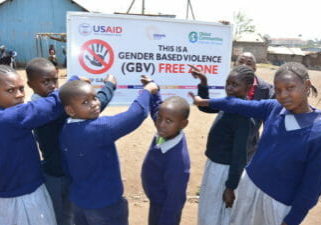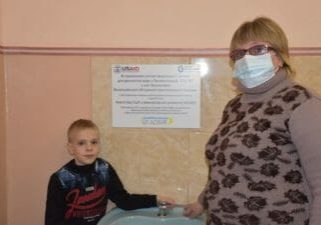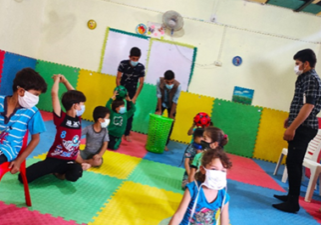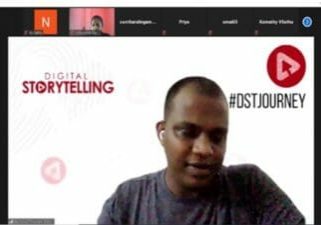News > Blog
Responsible Gold Mining in the Democratic Republic of the Congo
Published 05/04/2020 by globalcommunities
Many communities in eastern Democratic Republic of the Congo (DRC) rely on Artisanal and Small-Scale Mining (ASM) as a primary livelihood. ASM is a significant driver of DRC’s economy. Approximately 15 percent of the national population directly or indirectly depends on income from ASM [International Conference on the Great Lakes Region, Report on Development of Regional Guide on the Formalization of ASM Sector in ICGLR Member States (unpublished), March 2017].
ASM tends to be an informal and risky business. If not managed properly, ASM can have negative impacts on the health and wellbeing of miners, and the community at large. Given its informal nature, ASM has also been used to fuel conflict in eastern DRC, particularly gold. But done right, ASM can also bring direct benefits to communities who wouldn’t otherwise have had the opportunity to bring in finance to the community.
So how can NGOs, industry and governments work collaboratively with artisanal miners to find a safe, productive and economically viable way of earning living without contributing to conflict and minimizing harm to people and the environment? Global Communities is working alongside USAID, the private sector and the Congolese government to answer this question.
The USAID-funded CVCFG (Commercially Viable Conflict-Free Gold), which is led by Global Communities in partnership with Levin Sources, is designed to establish a responsibly-sourced, artisanal gold supply chain that originates in eastern DRC. Through this project, we seek to:
– ensure the people of the DRC benefit from their own natural resources by facilitating access to new markets for responsibly-sourced artisanal gold;
– help artisanal miners and other stakeholders in the supply chain in the DRC to work in safer and fairer conditions; and
– work with Congolese authorities to create the right conditions for a commercially-viable artisanal gold supply chain that does not contribute to conflict, respects human rights and supports inclusive, export-led economic growth.
CVCFG kick-started this initiative with a detailed market analysis of ASM gold from Eastern DRC.
We conducted interviews with manufacturers, refiners and jewelers to better understand the dynamics of this complex supply chain. Our key finding was that we need the actors along the length of the whole supply chain to work together for the project to succeed. Our research shows that buyers demand robust risk mitigation and management efforts, in compliance with sector standards, to support trade in responsible ASM gold. Being clear about the program’s approach to due diligence and what artisanal gold miners and mining cooperatives need to do to be market ready is crucial. Finally, in order to engage quickly, buyers need a detailed and ongoing understanding of the upstream nodes of the supply chain: the needs and expectations of ASM gold communities, miners and traders, and the barriers they face. Please read the full report here.
This research was carried out before the current COVID-19 pandemic. Our ongoing market research for the project is now taking into account the impact of COVID-19 on ASM. This new research focus will help us to adapt implementation to our new reality. However, the principles defined in our initial research still stand, and so the analysis remains valuable.
CVCFG is working with local partners to ensure that our engagement with the supply chain is robust and fruitful. By working with Congolese government regulatory bodies to strengthen linkages between responsible and legitimate actors along the artisanal gold supply chain, we are ensuring that activities are steered by the needs of the entire market system: from mine to consumer.
Nikki Duncan, Chief of Party, USAID-funded Commercially Viable, Conflict-free Gold Project nduncan@globalcommunities.org
Rachel Brass, Director Market Linkages and Investment, USAID-funded Commercially Viable, Conflict-free Gold Project Rachel. Brass@levinsources.com






